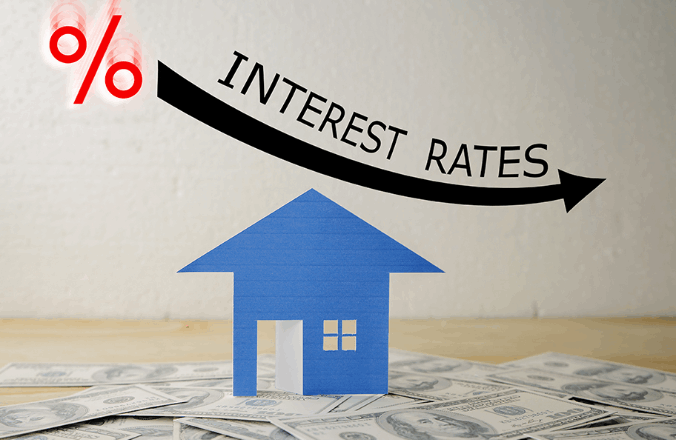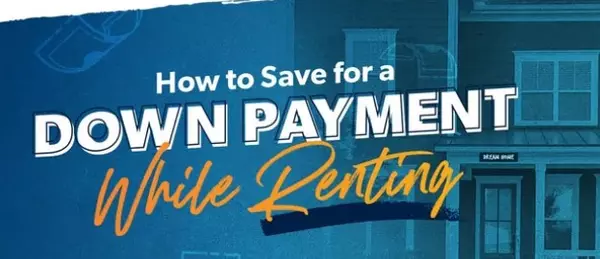How do interest rates affect my house payments?

How do interest rates affect my house payments?
Interest rates play a significant role when it comes to the affordability of owning a home. Whether you're a buyer or a seller, understanding how interest rates affect your house payment is crucial. In this blog, we will delve into the relationship between interest rates, mortgage payments, and their impact on buyers and sellers.
For most people, purchasing a home involves securing a mortgage. A mortgage is a loan specifically used to purchase a property, and it usually spans over a long period, such as 15 or 30 years. The interest rate on your mortgage determines the amount of interest you will pay over the life of the loan.
When interest rates rise, it directly affects your monthly mortgage payment. If the rate goes up by one point, it might not seem significant initially, but it can have a notable impact on your wallet. To illustrate this, let's consider an example:
Suppose you are purchasing a house with a mortgage of $300,000 over 30 years at an interest rate of 4%. Your monthly payment, excluding property taxes and insurance, would be approximately $1,432.25. Now, imagine the interest rate increases by one point to 5%. Your new monthly payment would be approximately $1,610.46, representing an increase of around $178.21.
This example showcases how a one-point increase in interest rates can have a substantial impact on your monthly mortgage payment. It's important to consider this when you're budgeting for a home purchase or planning your finances. Higher interest rates can reduce your purchasing power or require you to adjust your budget to accommodate the increased monthly payment.
Now, let's explore how these interest rate fluctuations affect both buyers and sellers in the real estate market:
1. Buyers:
- Affordability: As mentioned earlier, higher interest rates reduce purchasing power. With increased monthly payments, buyers may need to reconsider their budget or look for more affordable properties.
- Loan Approval: Rising interest rates may also affect loan approvals as lenders evaluate a borrower's ability to make higher payments. It's essential to consult with a mortgage professional to understand how changes in interest rates can impact your loan approval process.
2. Sellers:
- Buyer Demand: When interest rates rise, some potential buyers may be dissuaded from entering the market due to the increased costs. This reduced demand may limit the pool of potential buyers, potentially affecting the speed of a home sale.
- Pricing Strategy: Sellers may need to adjust their pricing strategy in response to changing interest rates to attract buyers. Understanding the current market conditions and consulting with a real estate agent can help sellers determine the best pricing approach.
In conclusion, interest rates play a vital role in determining the affordability of homeownership. Even a small increase in interest rates can significantly impact your monthly mortgage payment and overall budget. Buyers need to plan accordingly and adjust their expectations, while sellers should be aware of changing market conditions and adapt their approach to pricing their properties.
When considering purchasing or selling a home, it's crucial to stay informed about interest rate trends and consult with professionals who can guide you through the process. Real estate agents and mortgage professionals can provide valuable insights and help you navigate the intricate relationship between interest rates and housing payments.
Recent Posts











Whether you're trying to buy your dream home or selling your current one, LPT Realty's number one priority is to help find you the best deal possible while providing exceptional customer service. LPT Realty agents are armed with best in class technology and marketing tools to help you make informed decisions about buying or selling your home, and are there for you every step of the way.

